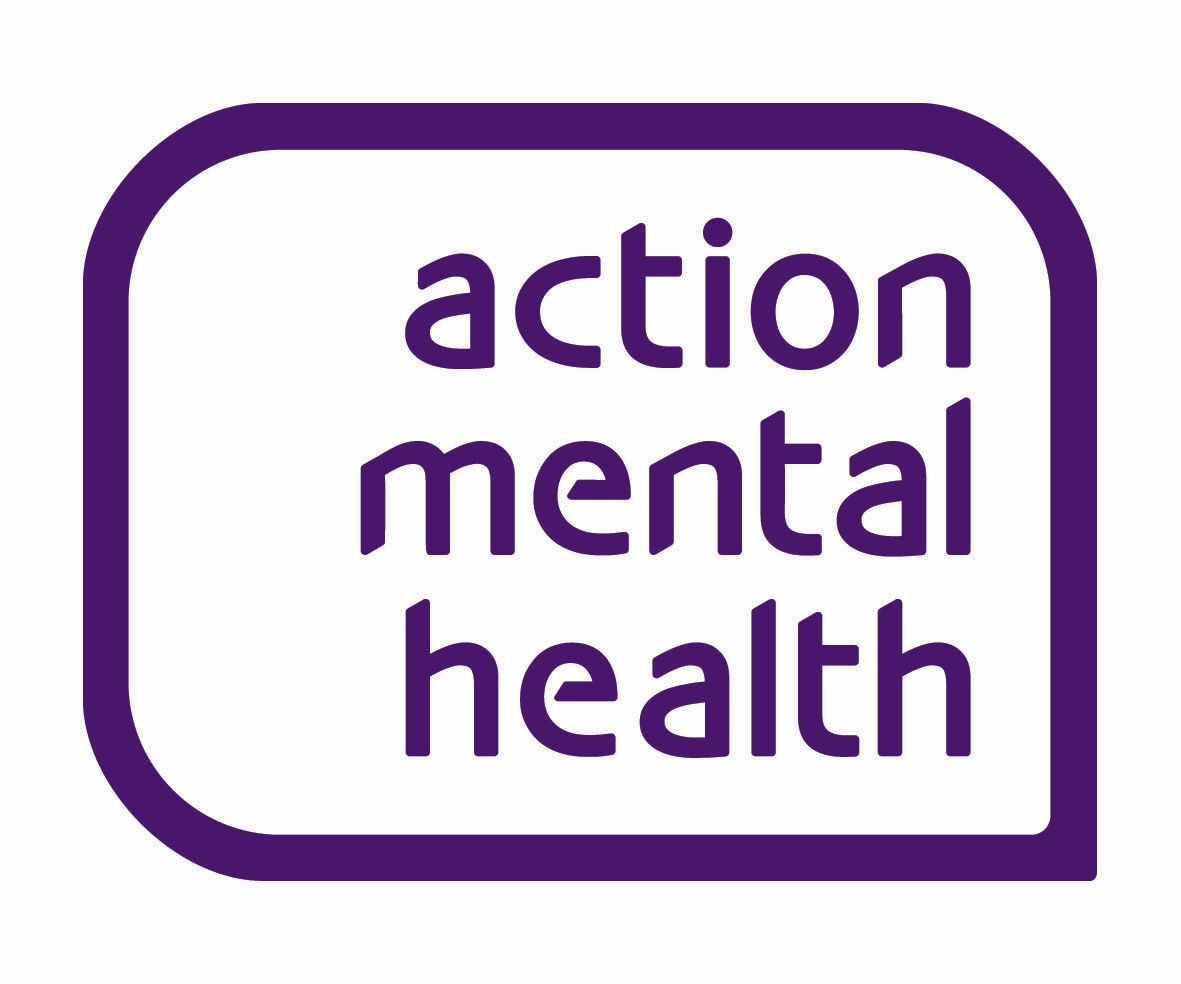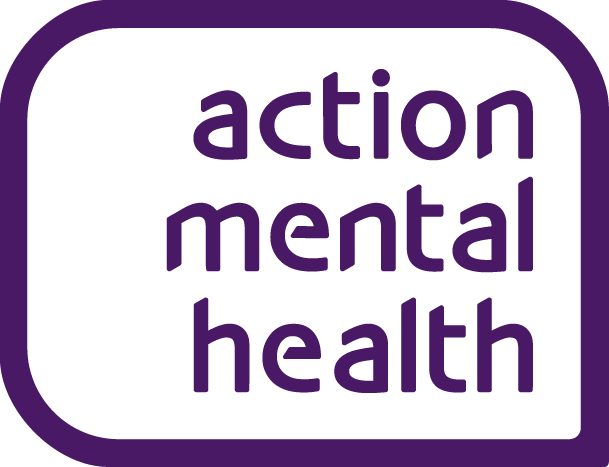Fact sheet: Depression
What is depression?
Risk factors for depression
Many things can contribute to a person experiencing depression. For some people, several factors may be involved, whereas for others a single risk factor may trigger the onset of their symptoms. In some instances, an individual may not be able to identify an apparent cause for their symptoms- and that’s okay too! Whilst anyone can experience depression, research has identify that the following factors may increase a person’s risk:
- Biological: Research suggests that low levels of serotonin, a neurotransmitter in the brain, may increase the risk of depression. Serotonin is a chemical messenger responsible for regulating mood, memory and sleep.
- Hereditary: Depression is known to run in families, suggesting that genetic factors may increase the risk of developing this condition. However, depression is often caused by a combination of factors. Therefore, having a family history of depression does not necessarily mean that a person will develop this condition.
- Gender: Women are approximately twice as likely to be diagnosed with depression than men. Some possible reasons for this include hormonal changes that occur surrounding pregnancy, childbirth and menopause. On the other hand, 15% of women seek help for depressive symptoms compared to 9% of men.
- Co-occurrence: Depression is more likely to occur in those who have a chronic or life-changing condition. Physical conditions including coronary heart disease, cancer and chronic pain conditions have been associated with an increased risk. Additionally, struggling with another mental health condition, such as an eating disorder or anxiety disorder, also places individuals at an increased risk of depression. A growing body of research also highlights a correlation between depression and autism and/or ADHD.
- Drug and Alcohol Abuse: Research indicates that approximately 30% of people with substance misuse problems also suffer from depression.
- Situational: Experiencing stressful or traumatic events can increase an individual’s likelihood of experiencing depression. Such events include (but are not limited to): abuse, neglect, bereavement, loss of relationship, financial concerns, job instability/loss, marital problems/ divorce, transitional events such as moving away or having a baby.
Symptoms of depression
Symptoms of depression will differ on an individual basis, however for many people, depression can have a significant impact on their day-to-day life. Common symptoms of depression include:
- Persistent low mood or sadness
- Feelings of tearfulness, guilt, irritability or anxiousness
- Changes in sleep
- Changes in appetite
- Lack of concentration
- Lack of energy/ prolonged lethargy
- Loss interest in activities that were once enjoyable
- Hopelessness or helplessness
- Poor self-esteem
- Social withdrawal
- Physical symptoms (eg- low libido, poor digestion, unexplained aches and pains)
- Having thoughts of suicide or thoughts of harming yourself
Treatment for depression
As no two people with depression are exactly the same, treatment methods that are helpful to some people may not be for others. Doctors, counsellors and other helping professionals may work alongside you to find a treatment, or combination of treatments, which help to ease your symptoms. Common treatments for depression include:
Talking therapies
There are many different types of talking therapies for depression. A GP can refer you to talking therapies or you may want to refer yourself through your organisation’s Employee Assistance Programme (EAP) or by pursuing private therapy pathways. Some common talking therapies include:
- Cognitive Behavioural Therapy: CBT aims to help you to understand how your thoughts, feelings and behaviours affect you. It focuses on equipping you to overcome negative thinking patterns and is typically delivered over a 6-16 week period, however may be extended in accordance with your needs.
- Interpersonal Therapy: IPT focuses on your relationships with others including issues such as managing bereavement and overcoming difficulties with communication.
- Behavioural Activation: Rather than focusing on thoughts and feelings, behavioural activation focuses on identifying links between certain activities and your mood. This therapy aims to help you make practical changes that may improve your symptoms.
- Psychodynamic Psychotherapy: Psychodynamic, or psychoanalytic, therapies help you to become aware of difficult feelings in relationships and stressful situations. It also aids in identifying patterns within your life that may contribute to your symptoms.
- Integrative Therapies: Integrative therapists combine a range of therapeutic modalities and techniques to meet your needs.
Antidepressants
Antidepressants are medications that treat the symptoms of depression or prevent it from reoccurring. You can work alongside your doctor to find medications that are the best fit for you. It’s common to try different medications to find ones that help you most. It’s important to talk to your doctor if you want to stop talking your medications, as stopping suddenly can result in physical and psychological side effects.
Self-help resources
You may find that your doctor recommends self-help resources, either as a first-line treatment method, or in combination with other treatments. Such resources include changes to diet and exercise, guided self-help workbooks or courses, peer support groups or community resources.
How access help and support
Reach out to your GP: When you talk to your GP about your mental health they'll listen, give you advice and introduce you to a mental health service they think will be most helpful to you. These services may come from your GP surgery, a large local health centre, a specialist mental health clinic or a hospital.
Lifeline: Lifeline is a free 24/7 crisis response helpline service for those experiencing distress or despair. Lifeline is there to help 24 hours a day and can be contacted on: 0808 808 8000
Action Mental Health Counselling: Action Mental Health provides free, high quality counselling services across Greater Belfast. Further information can be found at: https://www.amh.org.uk/new-life-counselling/ Other organizations who can help can be found on the ‘signposting’ section of our Workplace Wellbeing Hub.

